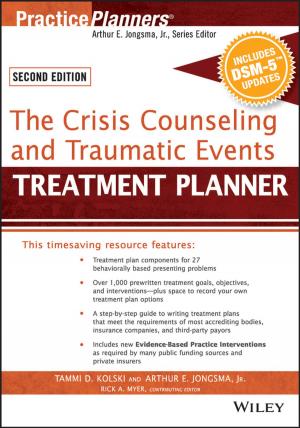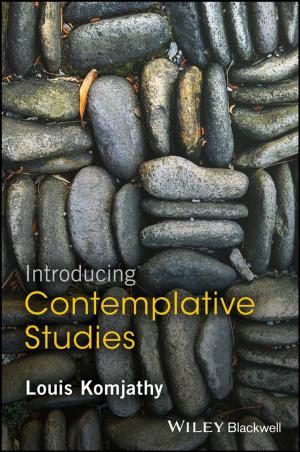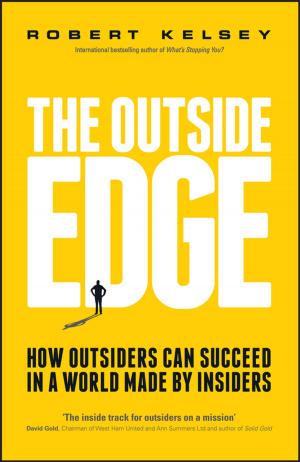The Problems of Contemporary Philosophy
A Critical Guide for the Unaffiliated
Nonfiction, Religion & Spirituality, Philosophy| Author: | Paul Livingston, Andrew Cutrofello | ISBN: | 9781509501441 |
| Publisher: | Wiley | Publication: | December 8, 2015 |
| Imprint: | Polity | Language: | English |
| Author: | Paul Livingston, Andrew Cutrofello |
| ISBN: | 9781509501441 |
| Publisher: | Wiley |
| Publication: | December 8, 2015 |
| Imprint: | Polity |
| Language: | English |
This accessible new book provides a clear and wide-ranging introduction to the defining problems of contemporary philosophy. Its unique feature is to focus on problems that cut across the established divide between analytic and continental philosophical traditions. Instead of segregating the two traditions, as is usually done, the authors offer a critical orientation and guide for readers who are not exclusively affiliated with either approach and who want to understand the increasingly shared questions philosophers are asking and addressing today.
Each chapter starts with a fundamental overarching question: (1) What and how can we know? (2) What is the structure of the world? (3) What goes beyond the physical world? (4) What is to be done? (5) What does it mean to orient oneself philosophically? Under these headings, the authors critically examine the discipline's most fundamental problems. Their approach reveals deep and unexpected connections across the analytic/continental divide, and opens up new ways of thinking about critique itself. No other book about contemporary philosophy is as comprehensive and cosmopolitan.
The Problems of Contemporary Philosophy provides newcomers and seasoned philosophers alike with an entertaining, engaging, and far-reaching portrait of today's philosophical landscape. It is an exemplary instance of thinking across and beyond the analytic/continental divide.
This accessible new book provides a clear and wide-ranging introduction to the defining problems of contemporary philosophy. Its unique feature is to focus on problems that cut across the established divide between analytic and continental philosophical traditions. Instead of segregating the two traditions, as is usually done, the authors offer a critical orientation and guide for readers who are not exclusively affiliated with either approach and who want to understand the increasingly shared questions philosophers are asking and addressing today.
Each chapter starts with a fundamental overarching question: (1) What and how can we know? (2) What is the structure of the world? (3) What goes beyond the physical world? (4) What is to be done? (5) What does it mean to orient oneself philosophically? Under these headings, the authors critically examine the discipline's most fundamental problems. Their approach reveals deep and unexpected connections across the analytic/continental divide, and opens up new ways of thinking about critique itself. No other book about contemporary philosophy is as comprehensive and cosmopolitan.
The Problems of Contemporary Philosophy provides newcomers and seasoned philosophers alike with an entertaining, engaging, and far-reaching portrait of today's philosophical landscape. It is an exemplary instance of thinking across and beyond the analytic/continental divide.















